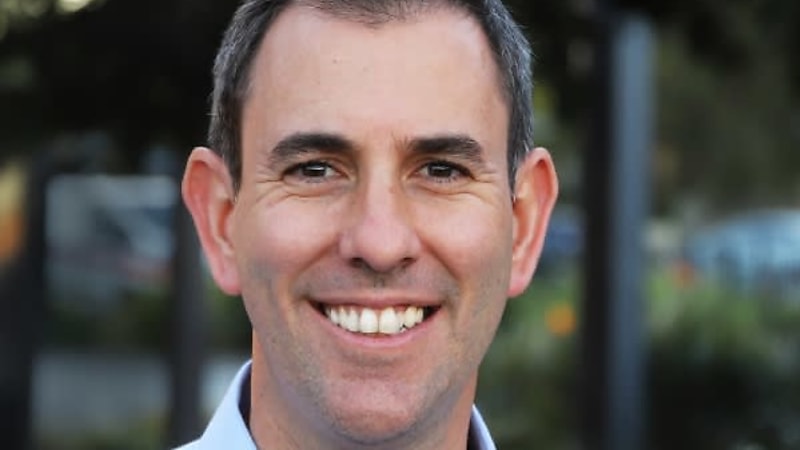‘Intergenerational equity’ focus of tax reform and super is in govt's sights
Tackling “intergenerational equity” will be the focus of the first raft of tax reforms, the Treasurer said after last week’s roundtable.
Although the controversial Division 296 tax was not mentioned during the Economic Reform Roundtable, Jim Chalmers made it clear the government will be pursuing its “intergenerational responsibilities” by reviewing the concessional tax treatment in the superannuation system.
"We’ve already got policies and legislation that’s been in the parliament for a couple of years now when it comes to making superannuation tax concessions still concessional, but more sustainable," he said.
"And so again, I point you to our record in some of these areas. We haven’t taken any decisions to change our policies, we haven’t changed our policies as a consequence, it’s a matter for Cabinet."
In his wrap-up of the three-day event, Chalmers said the first point in tax reform is “a fair go for working people and including intergenerational equity terms”.
“I think our tax system is imperfect, and one of its most troubling imperfections is best seen through an intergenerational lens,” he said.
“What I mean by that is almost everybody around the table had a similar view, which is we take our responsibilities to the coming generations seriously. It’s one of our motivations for budget repair and getting the Liberal debt down.”
He continued that intergenerational responsibility is one of the government’s motivations for investing in housing and skills, and “doing something meaningful about climate change”
“But it also has implications for the tax system. And if there was one kind of defining element of the contributions that people made around the table, it was intergenerational.”
He stated that participants at the roundtable, including Ken Henry, ACTU boss Sally McManus, and independent MP Allegra Spender, all made suggestions around this issue.
“We recognise that we, as people of influence with this opportunity, have responsibilities in lots of ways, but especially intergenerational responsibilities, and we take them very seriously.”
“There is a role for leadership, and we are providing it. There is a role for expertise, and that’s being provided. There is a role for including more people in the big economic questions and challenges and opportunities of our time, and that gives me an opportunity to finish exactly where I started.”
In regard to family trusts and the suggestion they too could face reforms, Chalmers said again, the government hasn't changed its policies on this issue.
"We’ve tried to make it clear that a lot of what we’re doing already, whether it’s making superannuation tax concessions still concessional but more sustainable, whether it’s the tax cuts that I’ve referred to a couple of times already, the changes that we are already delivering in the tax system are an important part of this. We haven’t changed our specific policies on those areas," he said.
Chalmers has committed to “look” at the super performance test, but said he was not planning to abolish it nor “in any way” interfere with the sole purpose of super funds, “which is to deliver the maximum returns that they can for the members”.
"But there is interest, from a government point of view, and certainly around the table, for us to make sure that there are no unnecessary obstacles or impediments to institutional investors like super [funds] investing in areas like housing and other areas where there's clearly a national need.”
Superannuation peak body, ASFA, said it welcomed the government’s announcement that it will be introducing “tell us once” legislation to reduce regulatory duplication, which it said will benefit everyone with a superannuation account.
Mary Delahunty, chief executive of the Association of Superannuation Funds of Australia, said the regulation is vital for trust, but when it overlaps or is outdated, it drags down member returns and impacts productivity.
The association also welcomed the announcement of a review of the performance test for superannuation.
“The performance test is important for our sector, it works to keep funds accountable. The challenge for us is how to keep all the good and future-proof the test,” Delahunty said.
“Regulation isn’t ‘set and forget’ and shouldn’t be when members’ returns are at stake. In a fast-evolving investment landscape it’s appropriate that there is due examination of whether the regulation fits the times.”


